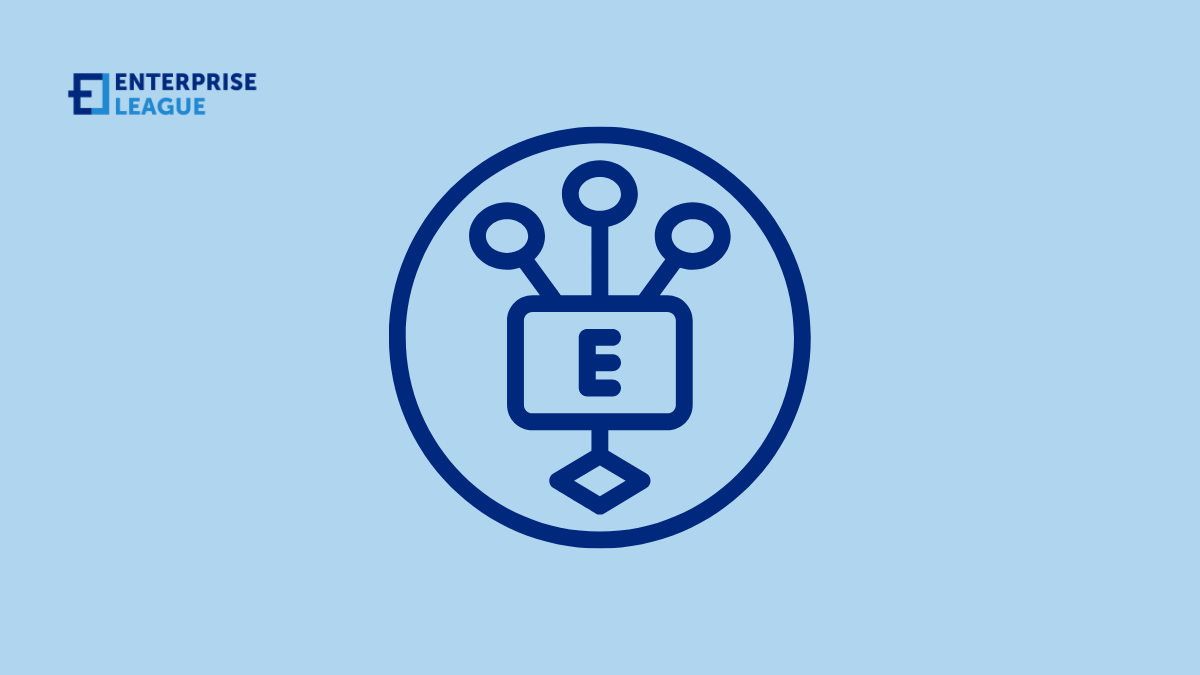Mergers and acquisitions (M&A) have become more common in the business world in recent years. As businesses grow and expand, it’s become more important to effectively manage and organize the different companies involved in these transactions. This is where entity management systems come into play. Entity management systems help businesses keep track of the various legal entities involved in mergers and acquisitions. They provide a centralized way to manage important information like ownership structures, compliance requirements, and other crucial details.
So, without further ado let’s explore how entity management systems impact M&A activities and contribute to business transitions. By understanding this, you can gain valuable insights and use them to your advantage.
Understanding entity management systems
To begin with, let’s get an understanding of entity management systems before exploring their influence on M&A activities. An entity management system is a platform or software solution that helps organizations streamline and centralize all aspects related to compliance and governance requirements. These systems offer tools for managing entities, statutory filings, shareholder information, board meetings, etc. Thus, they are extremely useful.
Enhancing compliance and governance
One significant way in which entity management systems affect M&A activities is by enhancing compliance and governance processes. During any merger or acquisition process, some obligations need to be fulfilled. Organizations can automate many compliance procedures by leveraging an entity management system.
These systems grant real-time access to documents, corporate records, shareholder information, and other pertinent data. Automating tasks related to compliance, such as creating resolutions and keeping track of dates for filing deadlines, helps organizations ensure they meet requirements promptly throughout the M&A process.
Enhancing due diligence efforts
Due diligence is a part of any M&A transaction as it involves examining and assessing all parties involved. Entity management systems are instrumental in strengthening due diligence efforts by providing a location to store all documents pertaining to each reviewed legal entity.
By utilizing a document management feature within an entity management system, professionals conducting diligence can easily access essential information like organizational charts, contracts with key clients or suppliers, banking agreements, and other relevant documentation.
Improving business transition processes
Efficiently managing the transition during an M&A is crucial for the long-term success of the merged entity. Entity management systems play a role in streamlining this process. Their centralized platform facilitates communication and collaboration among stakeholders engaged in the transition.
With maintained corporate records, contractual data, governance documents, and shareholder details at their fingertips, decision-makers can navigate the complexities of business transitions smoothly. This allows for the integration of decision-making processes and overall improved management of the new entity.
Ensuring the security and privacy of data
When it comes to mergers and acquisitions, maintaining data security and confidentiality is crucial. Protecting information exchanged during negotiations is vital to prevent access or data breaches.
Entity management systems are equipped with security measures to safeguard corporate information. These systems ensure that authorized individuals can access data through the use of multi-factor authentication protocols and encrypted storage methods.
Easy retrieval of past data
Historical data plays a role in decision-making processes during mergers and acquisitions. Entity management systems enable organizations to retrieve all records related to the legal entities involved, including past transactions, compliance history, board resolutions, and more.
Access to data within an entity management system allows professionals to make well-informed decisions based on accurate evaluations of past performance and compliance records. This helps mitigate risks associated with incomplete information during M&A activities.
Conclusion
Entity management systems have become important tools for businesses going through mergers and acquisitions (M&A). By using these specialized platforms, companies can focus on making strategic decisions instead of getting bogged down by routine administrative tasks. So if you’re still considering the advantages of an entity management system, it might be a good idea to implement one, especially given the changes happening in the world of mergers and acquisitions. Using an effective entity management system can be a real game-changer for businesses that struggle in the unpredictable M&A field. It allows them to be more strategic and efficient, which ultimately leads to more successful deals.
More must-read stories from Enterprise League:
- Innovative customer appreciation ideas for small businesses.
- Proven and tested psychological tactics for successful marketing.
- Foretelling: transform your business by predicting future trends.
- Profitable online education business ideas that you should be aware of.
- Getting your product in stores doesn’t have to be complicated.
Related Articles
How do I reserve a space for a trade show in Pennsylvania
Trade shows are excellent business opportunities. Your upcoming event should occur in a space big enough to hold all participating brands while leaving room for visitors. Learning how to reserve a space for a trade show in Pennsylvania will help you find the best...
What Are the Best Event Venues for Corporate Meetings?
Finding the perfect event venue for your corporate meetings requires careful consideration of location, amenities, accessibility and reputation. The best venues provide excellent audio-visual capabilities, flexible meeting spaces, and professional decor options to...
Scaling Your Business with Blockchain: The Strategic Advantage of XRP
Explore how to scale business with blockchain technology, particularly using XRP for efficient international growth.
How do I reserve a space for a trade show in Pennsylvania
Trade shows are excellent business opportunities. Your upcoming event should occur in a space big enough to hold all participating brands while leaving room for visitors. Learning how to reserve a space for a trade show in Pennsylvania will help you find the best...
What Are the Best Event Venues for Corporate Meetings?
Finding the perfect event venue for your corporate meetings requires careful consideration of location, amenities, accessibility and reputation. The best venues provide excellent audio-visual capabilities, flexible meeting spaces, and professional decor options to...





